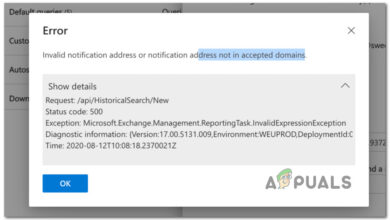What is the Meaning of “Re” in an Email?
- Re' stands for 'regarding' or 'in the matter of'. It's commonly added automatically when replying to emails, indicating an ongoing conversation. It's not exclusive to replies and doesn't always need a colon after it.
- Contrary to common belief, 'Re' doesn't always have to be used when replying, isn't short for 'reply', and its inclusion is not mandatory in all replies. It can sometimes trigger spam filters.
- Outside of email communication, 'Re' has different meanings in various contexts like real estate, gaming (for replay or Resident Evil), and more.
Social media platforms have allowed us to stay connected wherever we are. However, many still consider email the most reliable and formal way of staying in touch. While writing an email isn’t rocket science, a few terms used for this mode of communication can be confusing to get around. One such term is Re which most people throw around in the wrong meaning.
That is why in this article we will take a closer look into the meaning of Re in an email and some common usage for the term. We will also discuss a few misconceptions about Re and how you should avoid using it in the wrong sense. So let’s jump in!
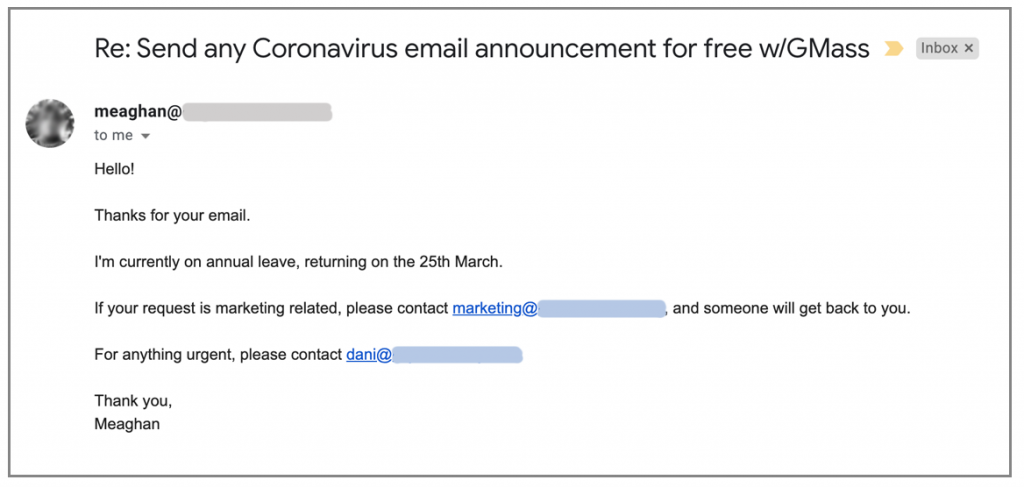
Table of Contents
What is Meant by Re?
In simple terms, Re is short for “regarding” and is often used in the subject line when replying to an email. The simple term indicates that the email you just received was in response to a previous message.
Apart from addressing previous conversations, Re is also considered to have originated from the Latin phrase “in re“, which means “in the matter of.” Most people argue that Re is an abbreviation for words like “reply” or “regarding“, but others consider using it specifically in legal contexts.
READ MORE: What is a Discord Kitten and How to Become One? ➜
How is Re Used in Emails?
When writing a response to a previous email, Re is automatically added by the email client to the subject line of the message. This means that instead of the normal subject, your email’s subject line will now begin with Re followed by a colon and the original subject title.
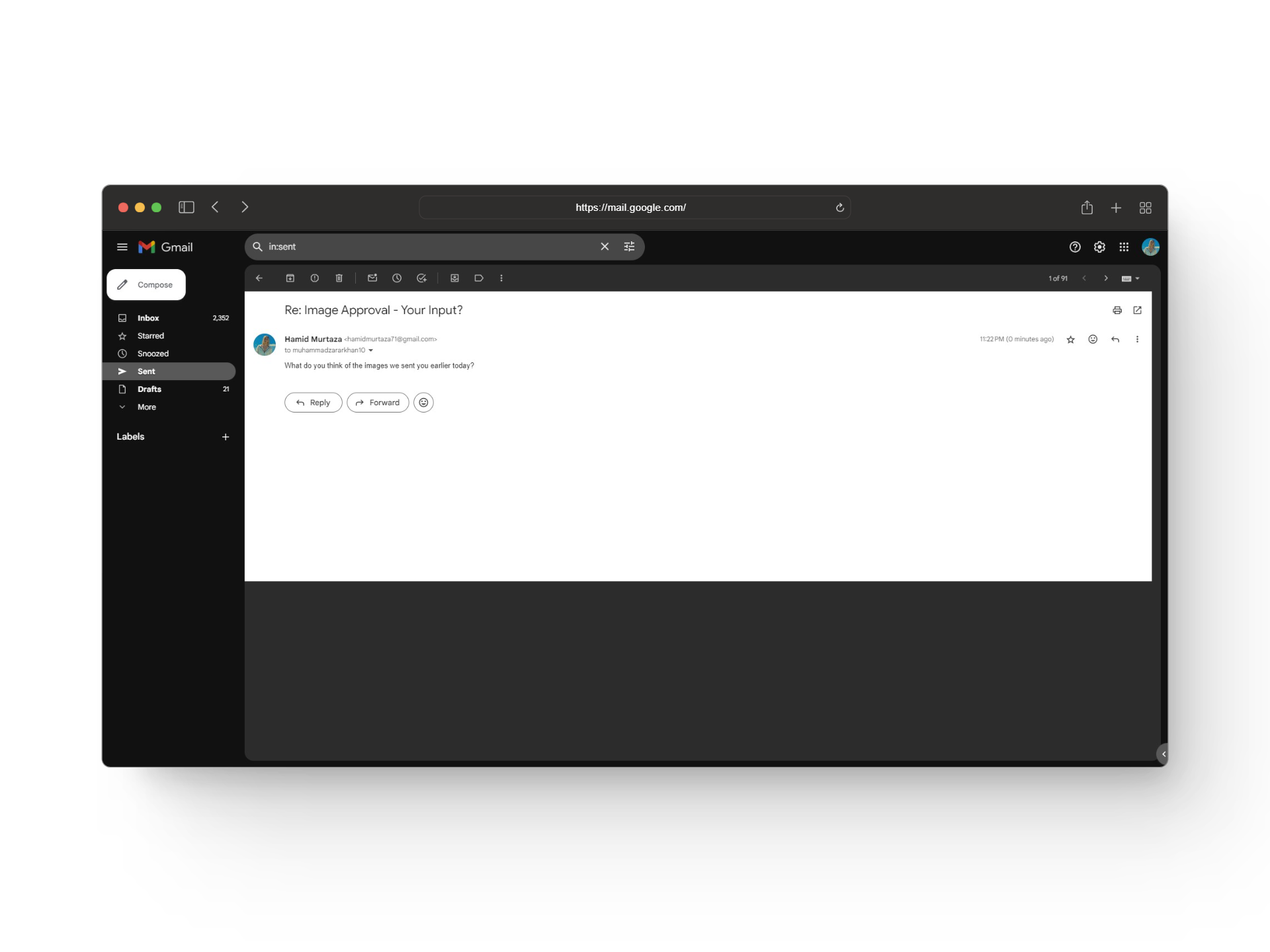
Here’s an example of how Re is used in an email:
Correct:
- Re: April Marketing Strategy
Incorrect:
- Re: Hello, Pam. I wanted to speak with you about the new marketing strategy for April…
The simpler and tidier the subject line is, the more easily Re can help users understand whether the email is regarding a different message or an ongoing conversation. You will mostly come across Re in personal and professional emails when communicating back and forth.
READ MORE: What is Mailinator? How to Use it to Create Disposable Email ➜
The Re in Fwd: Subject
In emails, Re is also used in “Fwd:” or “Forward.” This means that when someone forwards an email, the original subject line remains, but “Fwd:” is added to show it has been forwarded.

Misconceptions About Re in Emails
While the meaning is simple, some people often use Re in scenarios where it either doesn’t fit or simply isn’t needed. Here are a few misconceptions about the usage of Re in email:
1. Re Can Only Be Used When Replying to Emails
Although the most common use of Re is for replying to emails, it should neither be restricted to that specific case nor it should be always used in that specific scenario only. This means that you can always use Re when referring to a previously discussed topic but if you are starting a new email thread, you don’t need to use Re and should simply use a subject line that perfectly sums up your email’s content.
2. Re is Short For Reply
Even though Re is often considered an abbreviation for reply, it can also have several other meanings such as regarding or with reference to. While people argue its meaning, the only thing that remains consistent is that Re indicates an ongoing discussion.
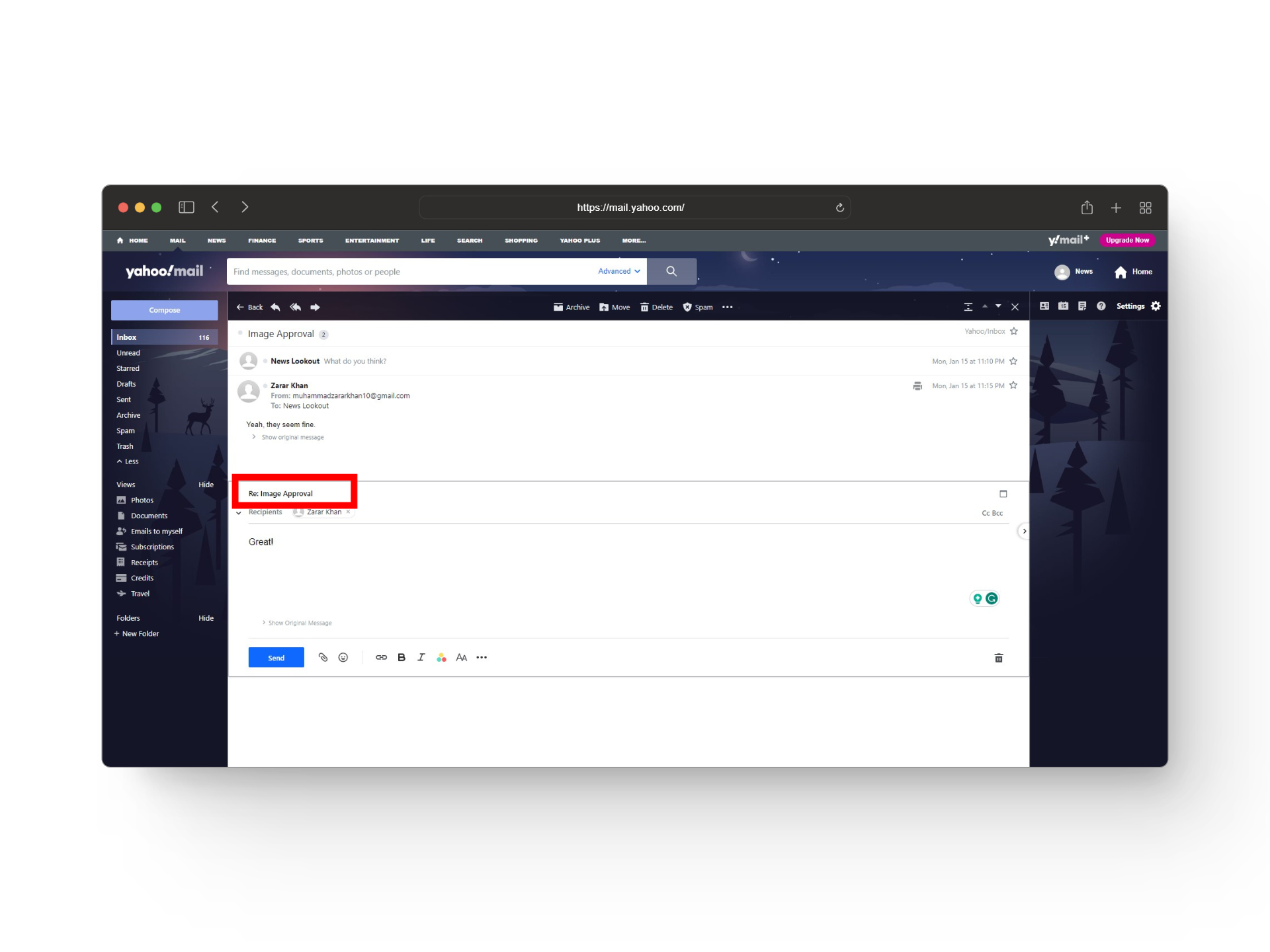
READ MORE: How to Change the Password for Email on iPhone (Mail App) ➜
3. Re is Always Used When Replying to Emails
As discussed above, Re is often seen in reply to emails. However, it’s not always necessary to use it and there’s no need to force the term in your email if you simply don’t need it. This means that if you are discussing something related to a previous topic and the other person is aware of the subject already, there’s no need to force Re during your conversation.
4. Re is Always Followed by a Colon
Another thing that goes with Re is the use of colons. Adding a colon can separate your subject and Re from each other and can save others from confusion. Additionally, there’s no need to manually add colons as most of the time the email client will automatically do it for you.
Using Re Can Trigger Spam Filters
While Re is a simple term used to help others understand the context of your email, it’s also considered spam by some email clients. Most ISPs use spam filters to spot common spam words and characters in email subject lines such as Re. If detected, these emails are sent to the user’s junk mail folder.
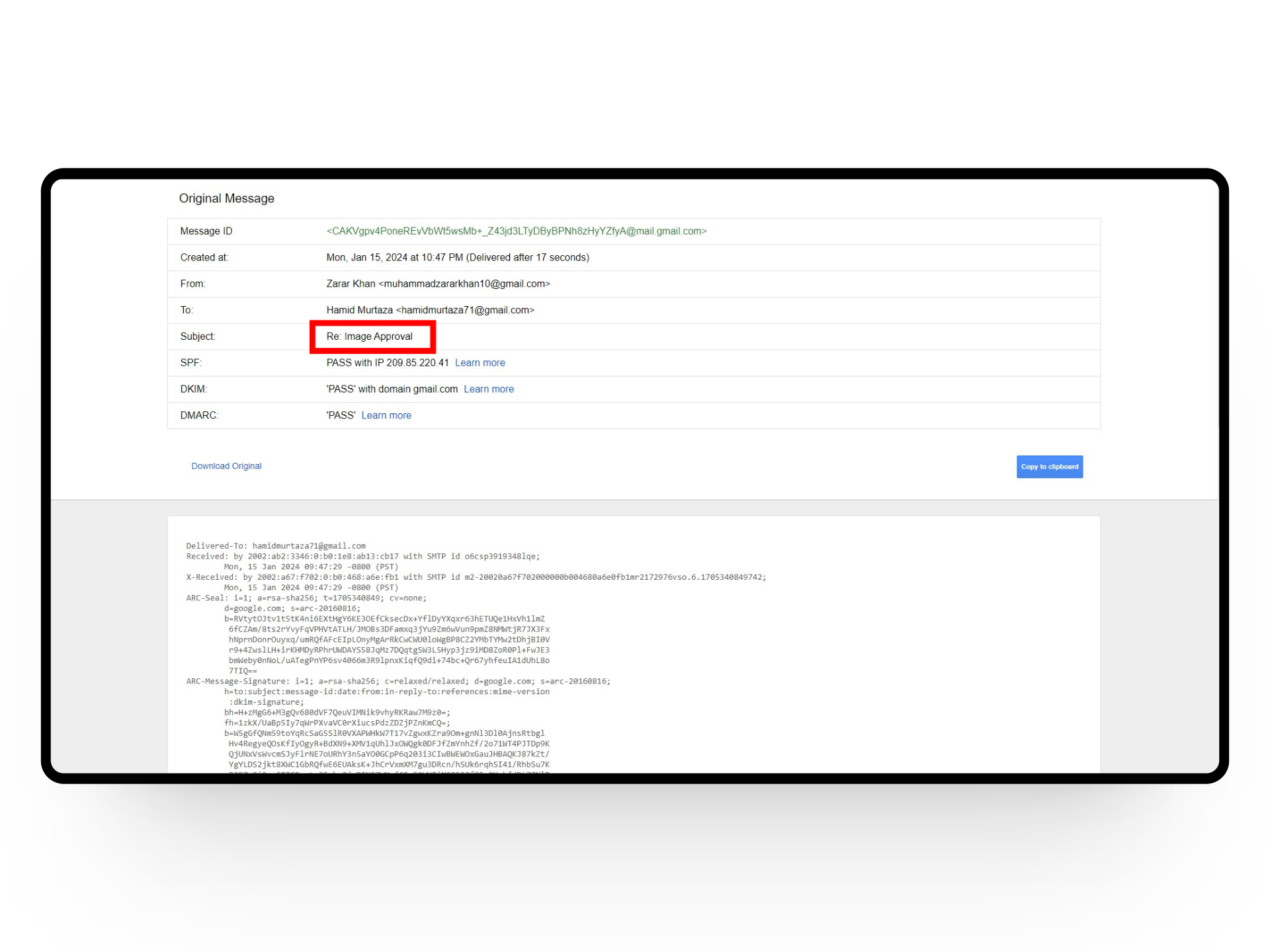
If your emails trigger spam filters, your email address might end up on a blacklist. This means none of your future emails will go through, and it could also affect other businesses using the same email service. Once you’re on a blacklist, it’s tough to get off.
READ MORE: How to Make An Email With A Custom Domain in 2024 ➜
Bonus: Common Email Acronyms
Apart from Re, there are many other email acronyms that are often used when writing emails. To help you save a trip to the Google search, here few commonly used email acronyms that you should know.
- NRN – No Reply Necessary.
- Y/N – Yes or No?
- OOO – Out of office.
- WFH – Working from home.
- EOD – End of Day
- EOW – End of Week.
- FYI – For Your Information.
- LET – Leaving Early Today.
- IMO or IMHO – In My (Humble) Opinion.
- AR – Action Requires.
- EOM – End of Message.
- SFW – Safe For Work.
Other Meanings of The Term Re
While Re is most commonly used during email communication, there are a few other meanings and abbreviations of Re. Here’s a quick rundown of 3 other meanings of Re apart from replying to emails:

- Real estate: In the context of relators, investors, and home buyers, “RE” means “real estate.” Oftentimes the terms are used on social media or in forums when talking about the real estate market.
- Replay: In gaming, “re” is a quick way for the loser to ask for a rematch. They might say “gg, rematch” or “gg no re” if they don’t want one. “Re” can also mean asking to redo a part of the game.
- Resident Evil: Resident Evil is a horror video game with several entries, films, and even series to its name. Fans of the video game often refer to it as RE when discussing its boss fights, puzzles, or gameplay.
READ MORE: What’s The Best Email Service in 2023? Best Clients Ranked ➜
Conclusion
In conclusion, RE in email means “regarding,” “in reference to,” and “with regards to.” It is a term that when used properly helps bring clarity to communication, save time, and keep topics organized. Apart from that you can often come across the term Re in other contexts like real estate, replay, and even when talking to fans of the Resident Evil games.
FAQs
To prevent emails from going to spam, use a trusted email service, personalize content, and avoid suspicious links. If you are promoting a service or a product make your emails easy to unsubscribe. Keep your subscriber list updated and focus on creating engaging emails.
A good subject line gets attention, tells what the email is about, and helps keep things organized and professional.
In formal letters, it’s better to use “Regarding” or “In reference to” instead of the informal Re.
 Reviewed by
Reviewed by 



